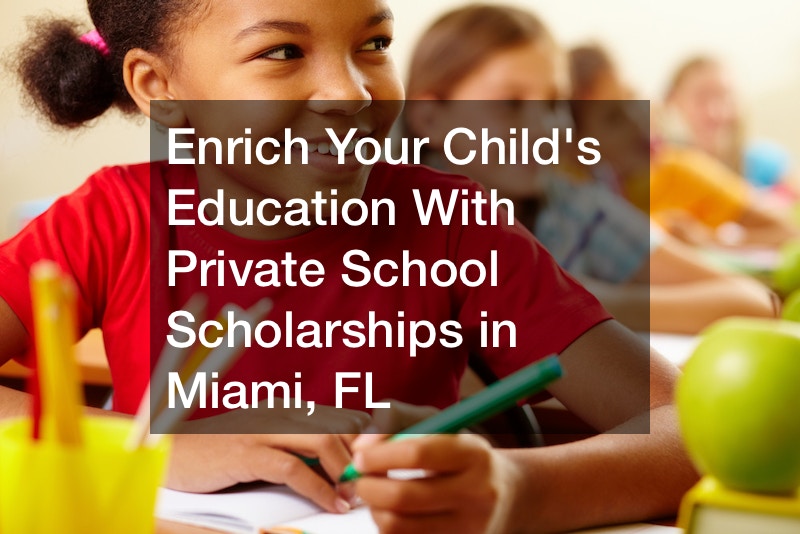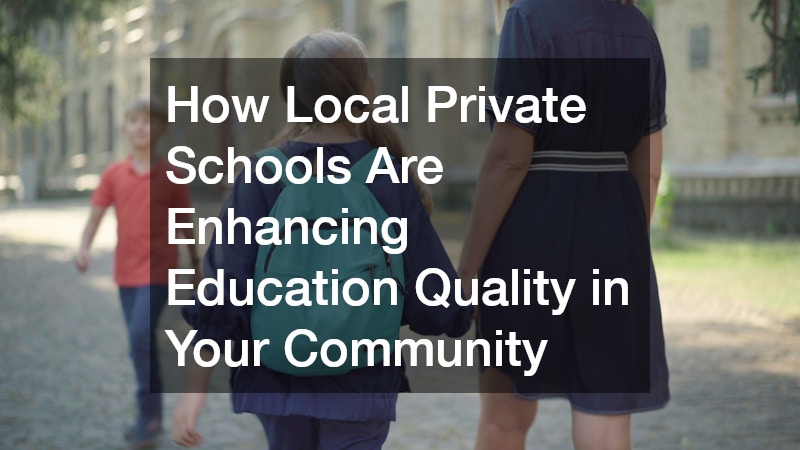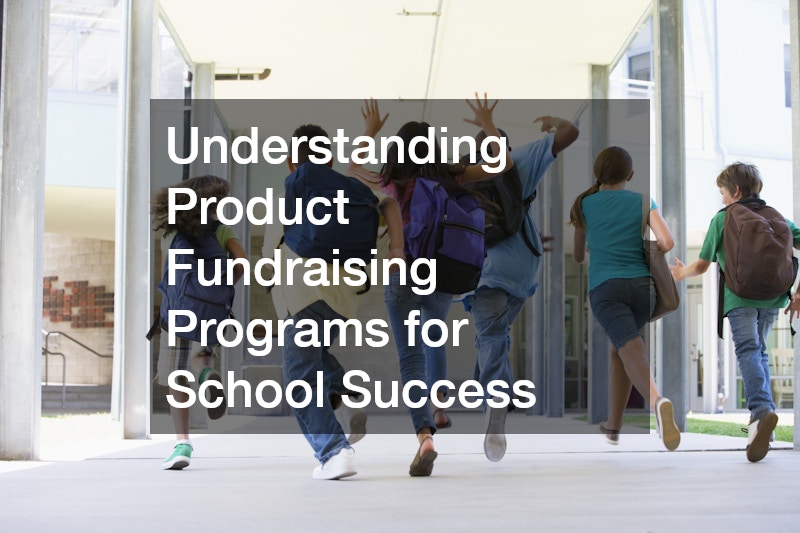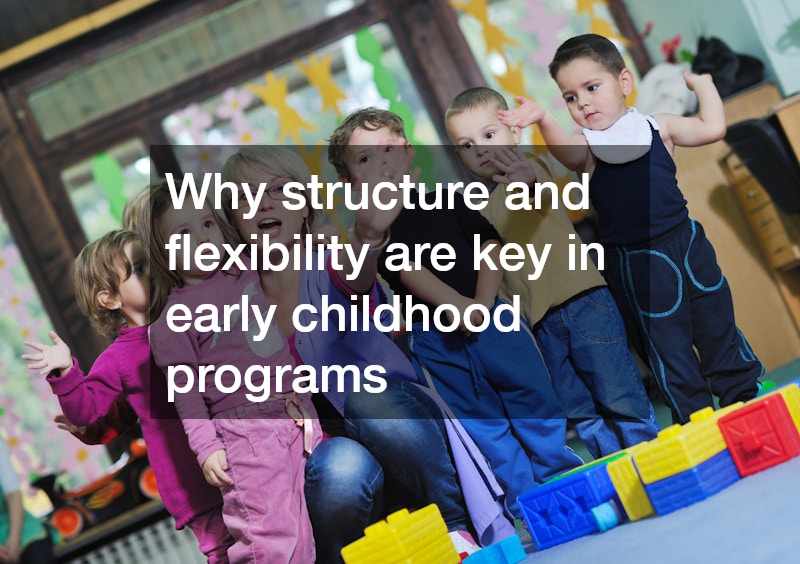If you live in the Miami, Florida, area, you may have concerns about sending your child to public school there. According to educationworld.com, over 40% of the schools in that county are 150% over capacity. Some parents may consider sending their children to a private school yet worry about the cost of tuition. You may consider looking into the availability of private school scholarships to enable your child to take advantage of the following benefits of private schools:
What Private Schools Have to Offer
U.S. private schools were first established soon after the Pilgrims landed in Plymouth Rock. The Pilgrims’ schools were heavily influenced by Protestant Biblical theology. Catholic bishops wanted an alternative to this educational philosophy and established the Collegiate School in 1628. That school admitted only boys and emphasized classical books and natural sciences.
Since that time, private schools have offered parents an alternative to public schools. Some private schools are dedicated to religious education. There are also boarding schools, where students live full-time. Parents who want their children to receive the advantages of private schooling and education in a military tradition may choose a military school.
Since private schools don’t accept government funds, they can create their own curriculum. Therefore, private schools set high academic standards. To ensure those standards are met, private school teachers must pass a background test before hiring. These superior standards are excellent reasons to seek private school scholarships.
The Advantages of Early Private Schooling
According to the NEA (National Education Association), providing a high-quality education for your child before age five gives them a good foundation for their future education. There is evidence that shows children who attend preschool are less likely to repeat a grade and less likely to have special academic needs.4 Statistics also show that children who attend educational programs in early childhood are also better earners in their adult lives.
Working parents often need a safe place for their children during work hours. They may wonder how a daycare program is different than a preschool. Daycare is typically a nurturing experience, emphasizing personal and group interaction. Preschools provide an academically focused program.
Although Florida provides public educational resources for children aged 2 – 5 via programs (such as Head Start, voluntary public kindergarten, and special prekindergarten programs for children with disabilities), many parents choose a private preschool. This choice may be due to the availability of extended hours offered by private facilities. In that case, it can be understandable for those parents to apply for private school scholarships.

More Funding Means a Bigger Arts Programs
According to arts.gov, 12% of U.S. public high schools currently have no art or music education, while most others have a limited availability of arts curriculum. Because of their ability to plan a curriculum not based on governmental strictures, private schools are free to emphasize or deemphasize the arts. Arts education provides students with a more enriching experience, according to usnews.org.
Other benefits of giving students access to arts and music education include the creative outlets these programs offer students. Using the arts as a creative outlet enables students to reduce stress. Art activities encourage school attendance by providing fun activities that improve their enjoyment of school. These attributes often motivate parents to ask for private school scholarships.
For example, using writing can have many benefits for a student. Students with spelling or grammar challenges can still use creative writing to express their feelings. By writing down their feelings without grammar constraints, students may give additional effort toward learning correct grammar. When students become successful writers of verse or stories, the school may find that by printing the students’ stories, they give the students an incomparable feeling of achievement.
High-school Electives Are More Diverse
By the time students reach high school, their academic abilities have had a chance to develop. They have also allowed the development of interests that go beyond the core curriculum. While public school electives do exist, they are typically standard — such as foreign languages, computer skills, journalism, or vocational classes. Students who don’t go to college may seek vocational classes, to prepare for a job.
In a private school environment, the teacher-student ratio is typically smaller. Therefore, if a school discovers a group of high-performing math students, a skilled math teacher could teach an advanced calculus or trigonometry class during the following year. When a school gains a reputation for programs like these, it can attract many parents who want to get private school scholarships.
Some public high schools hold auto shop, metal shop, or wood shop classes. Those classes may provide a foundation for a trade, but in a private school, there might be an opportunity to refine the students’ woodworking abilities. Perhaps the students could be trained to create custom wood furniture. The school could sell the furniture and bring students experience and money.

School-Made Meals Are Healthier
Many private schools embrace the opportunity to feature a healthier school menu. One example in recent news is New York’s Calhoun School, where Chef Robert ‘Bobo’ Surles instituted an all-natural school diet. Chef Bobo went so far as to ban ketchup from the cafeteria. The students enjoyed the menu, but after parents complained that the menu was too sophisticated, Bobo made the menu more kid-friendly and allowed occasional organic catsup.
Some schools have instituted a student advisory committee for input on school menu choices. Involvement with school menus can allow students to learn about nutrition and budgeting. Suppose the school has a vocational curriculum that includes food preparation. In that case, the students can prepare the food themselves. Having additional options for such non-academic issues is an example of why parents may apply for private school scholarships.
Private schools have the option of adjusting the school menu not only for nutrition but also to appeal to the area’s ethical composition. For example, as of 2022, Miami’s population is 69.1% Hispanic or Latino. Therefore, a private school in that area might choose to serve a menu featuring Mexican cuisine. Mexican cuisine can offer many healthy choices, and such choices could be part of parents’ reasons for sending their children to private schools.
Students Are Taught to Be Good Citizens
Current statistics show just over 13% of Florida students attend private schools. Nationwide, the percentage of private schools that are faith-based is over 84%. These parochial schools provide instruction about living according to faith. The principles of most major faiths instruct students on principles compatible with good citizenship. Their philosophy will enable the students to practice those principles.
According to a 2007 survey, only 1% of private school students reported being a victim of crime, while 5% of public school students were victims. In the same survey, 5% of private school students reported gang activity in their schools. However, 25% of public school students reported knowledge of gangs at their schools. Those statistics could be a significant motivator that prompts parents to seek private school scholarships actively.
Most schools teach basic principles of the citizenship as part of a history or civics class. Student government programs are found in most schools and help reinforce the functions and activities of government. However, with higher levels of gang activity and violence, it may be more difficult for students to practice good citizenship. From teaching students about traffic safety to recycling and minimizing food waste, it seems more likely that a private school would emphasize principles of good citizenship.

Field Trips Options Are Abundant
Students in both public and private schools look forward to field trips. Students sometimes learn differently, and seeing an exhibit or experiencing something unique may reach a child in a way that a lecture can’t. A field trip may be an opportunity for children from less-affluent neighborhoods to experience sights and sounds they would never experience otherwise.
Field trips can reinforce a concept taught in school. For example, if your class is learning American history and there is a historical site nearby, seeing that site could be invaluable. Parents who know that a private school offers unique opportunities like these may be inspired to try to get private school scholarships.
In a public school, trip frequency may be limited by the school budget and other limitations. However, a private school may have funds to allow more trips. For example, a class studying a unit on plant growth could take a short trip to a local garden center.
Students Get Plenty of Time Outdoors
According to a study by the American Research Institute and posted on pacificoaks.edu., incorporating outdoor learning into a school’s curriculum can improve student performance. The same study showed that regular intervals of outdoor education improved standardized test scores, gave students a better attitude toward school, and improved attention.
Experiencing nature will help children physically and mentally. The same mental and emotional kickstart found with field trips can also occur when a class is held outdoors. Although public schools may have classes outdoors, keeping academic classes outdoors isn’t typical for public schools.
Budgetary restraints for public schools may limit the attention paid to the school’s landscapes. By contrast, a private school would potentially have the funds to create unique outdoor spaces for classes. They would likely have the funds to have the health of their trees maintained by an arborist. The presence of this type of opportunity will make parents glad that they requested private school scholarships.

Professionals Give Kids a Look into Their Futures
One of the primary reasons we want our children to have a good education is to equip them to function independently as adults. In addition to academic achievement, we hope their school years will have taught them to motivate themselves toward responsible activities, such as paying their bills, keeping a neat home, and maintaining their health.
Most teachers realize that although their official job may be to teach a specific subject, they can use those opportunities to help students learn life lessons, too. Teachers in private school will typically have additional time to share emotional support with their students. Parents who see their children gaining these opportunities will be glad there are private school scholarships.
If the students have elderly relatives who can tell historical stories, you can invite them to speak. Career Day programs are an excellent way to explore professions. Whether they’re learning about a sanitation worker, a hospital staff member, or a veterinarian, they could learn the lesson that will ignite your students’ ambition.
Teachers and Staff Have the Resources to Support Students
Teachers can encourage children who are excelling and enable them to grow by asking them to mentor students who struggle. If teachers find students with discipline problems, they can enlist help from others within the school system and get help from the student’s parents. Students who struggle academically may need a special study plan to restructure the learning to their abilities.
Teachers who see students make progress of any kind can be advocates for those children. Some children may want to pursue a path different from the one their parents want for them. Those children need an advocate. Parents who appreciate this advocacy for their child’s sake will be glad if they pursue a private school scholarship.
You have a perfect opportunity to report the child’s gifts to their parents. Even if the guidance counselor is already reaching out to the child’s family, it’s OK for you to add your voice to those supporting the child’s ambition. In a private school, where the teacher-student ratio is lower, it’s more likely for you to be able to see the gifts of all your students.
The price of a private school education is beyond the means of many parents. According to allisonacademy.com, the average cost of primary or middle school in the Miami area ranges from $14,000 to $19,000 per year, while prices for private high schools in Miami could be as much as $25,000. When talking to someone at the school, ask them about private school scholarship opportunities from corporate sponsors, such as the AAA Scholarship Foundations and government-sponsored funds. If you feel strongly about your child attending private school, don’t give up – your next call may find you the funds you need.




